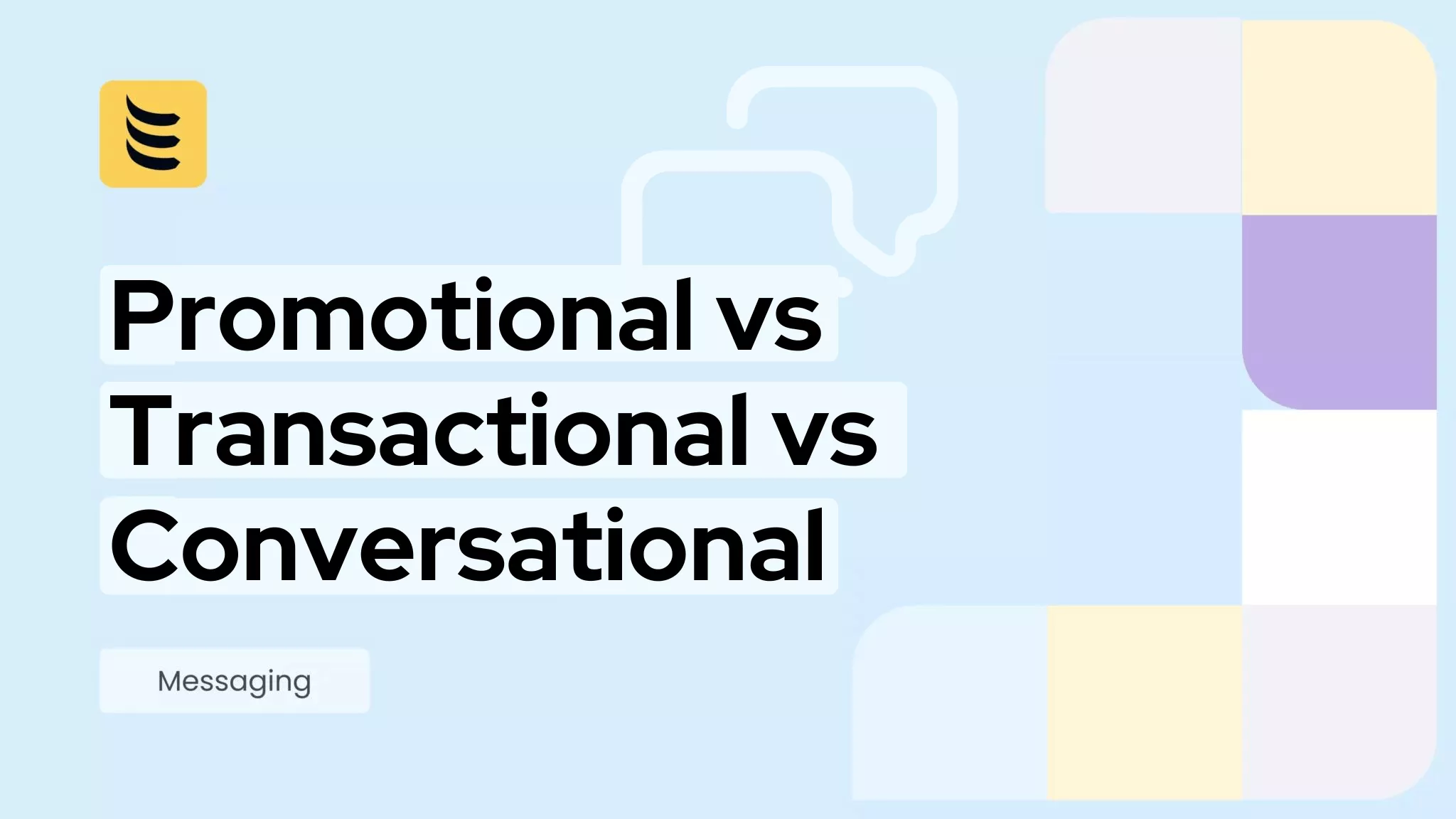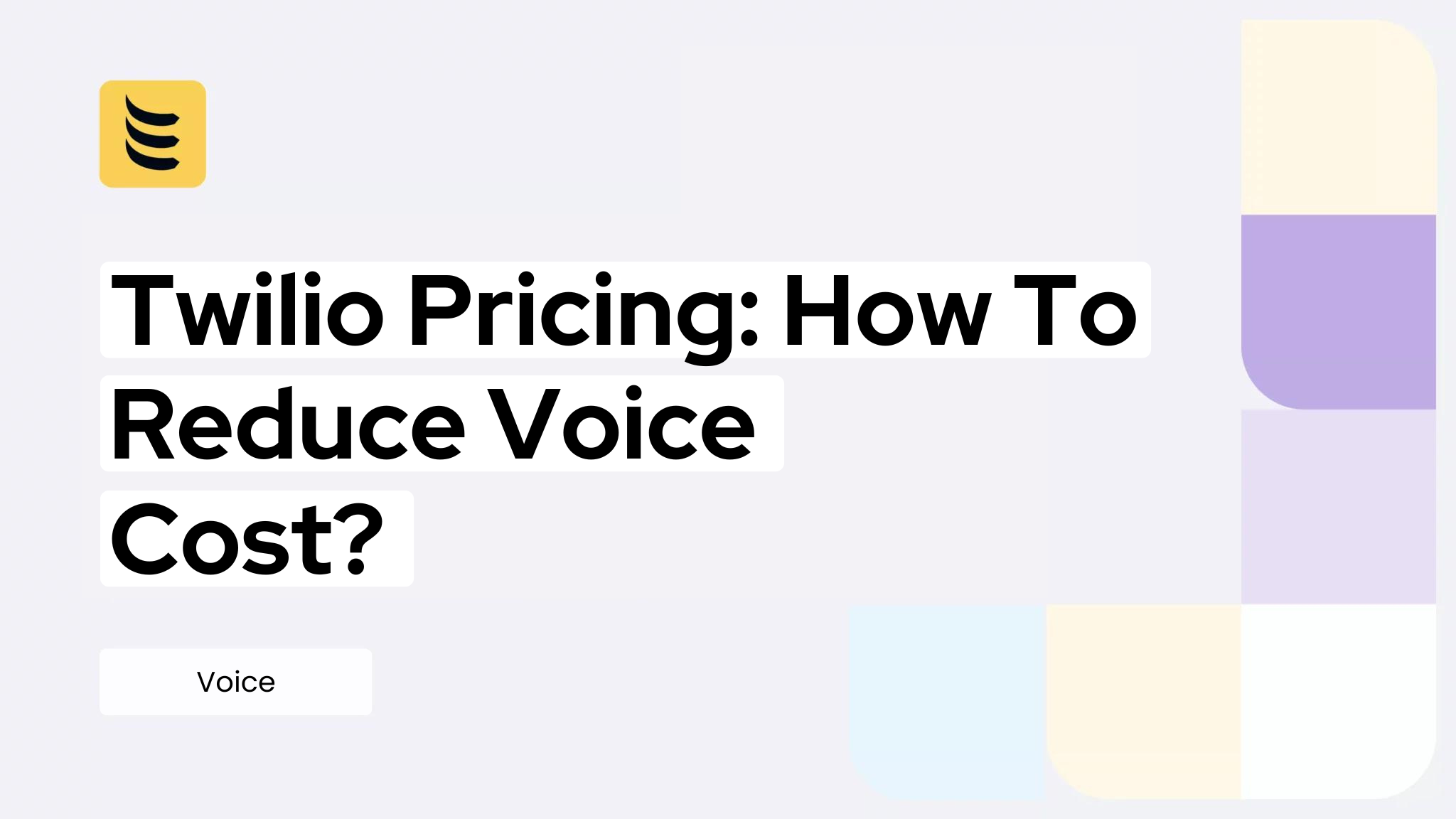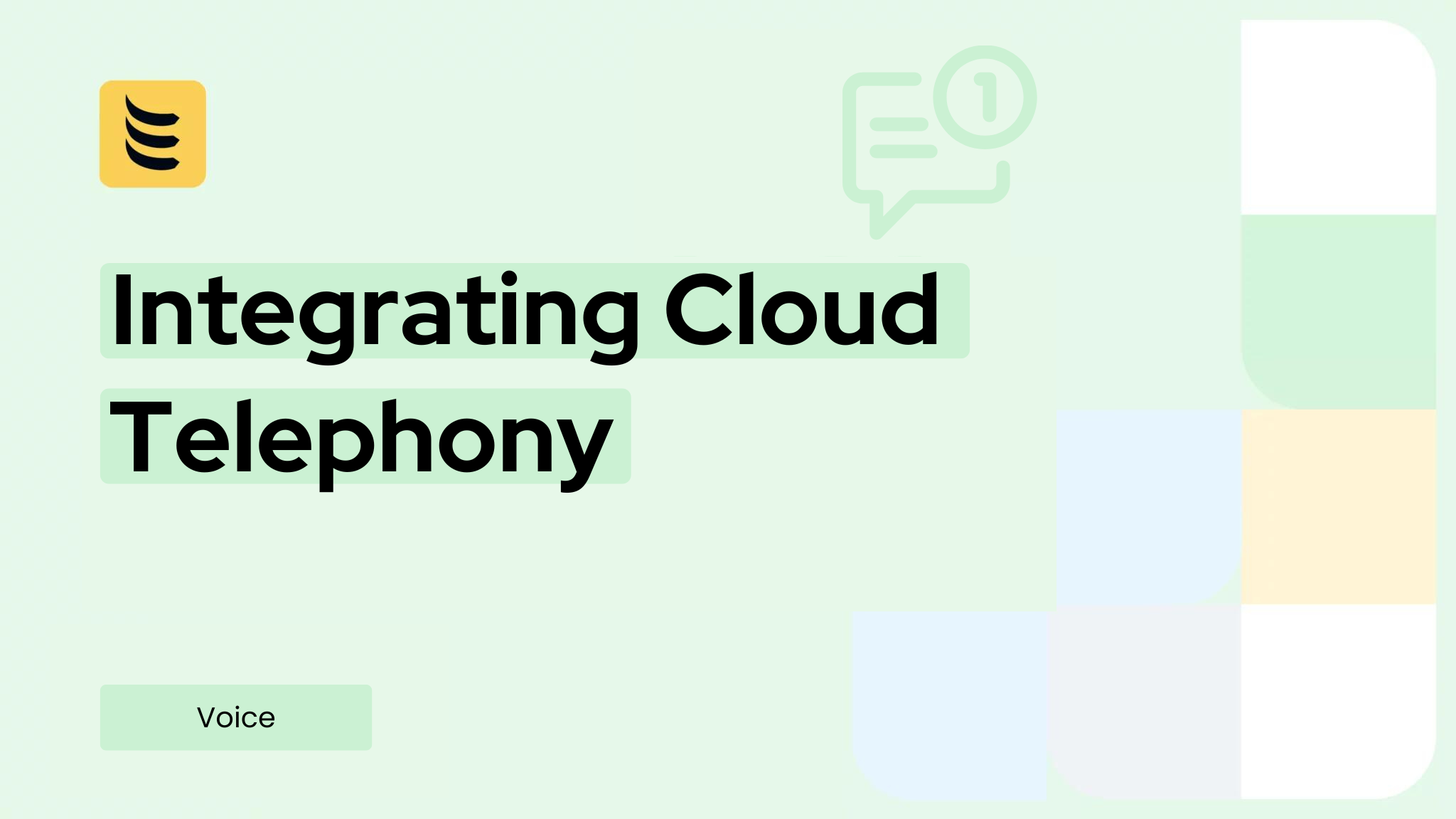Text messaging is one of the most popular methods of communication that has ever existed. There is no denying this fact. Built-in as standard to practically every mobile phone on the planet, the SMS message remains one of the simplest, most convenient, and most used communication channels globally for billions of mobile users every single day.
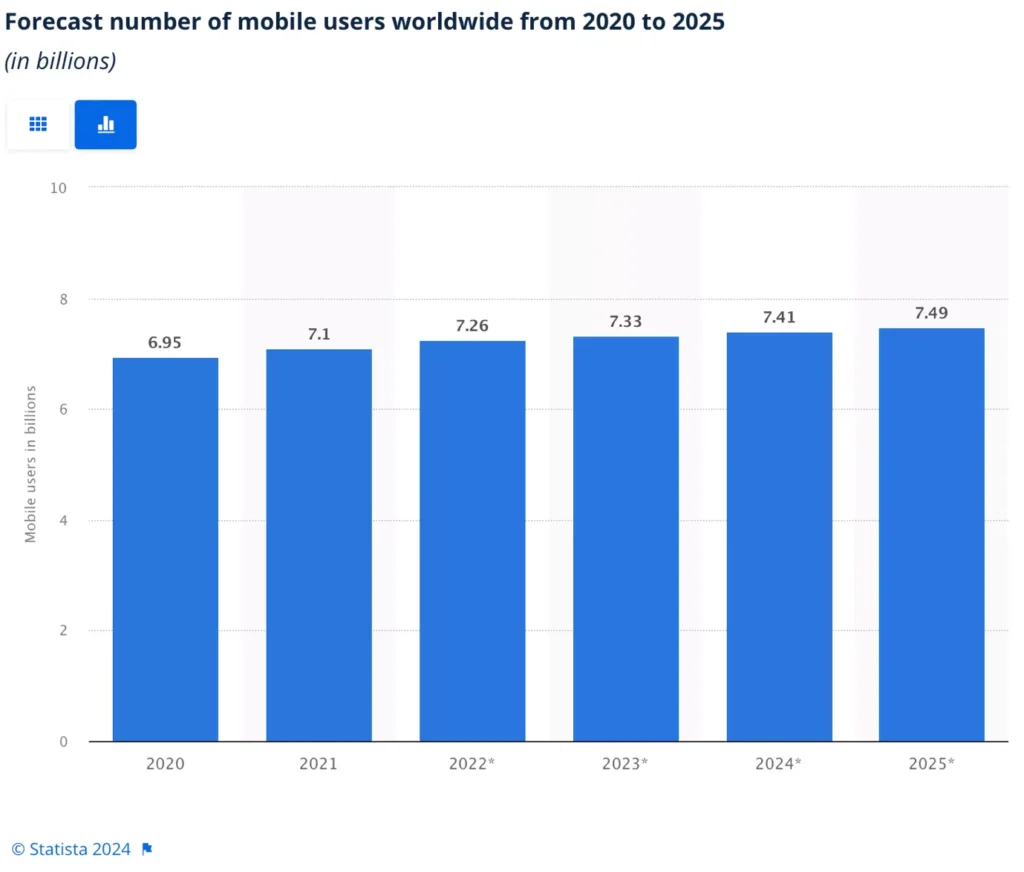
Yet far too few businesses exploit SMS messaging to its full marketing potential.
Indeed, despite the fact that 98% of text messages are opened compared to just 28% of emails, recent data reveals that well over half (61%) of marketers still don’t use SMS as a means to communicate with their prospects and customers.

Thankfully, however, the same study suggests that this is changing, with 73% of businesses planning to expand their budgets for SMS marketing soon.
This is good news, for not only are there numerous ways in which businesses can use SMS marketing – be it for promotional, transactional, or conversational purposes (all of which we dive into below) – but the benefits and advantages of SMS marketing are many and varied.
According to a study published by Statista, a full 60.5% of business owners and marketing managers in the US found that SMS marketing had higher engagement levels from customers than other channels. In addition, more than half (53.5%) said that SMS had higher open and click-through rates (CTRs) than other channels, while 52.3% said that SMS was the most efficient channel for customer service.
What’s more, 43% said that text messages were a quick and easy channel for two-way interactions with customers, and 38.5% said that SMS provides quicker feedback from prospects than other channels.
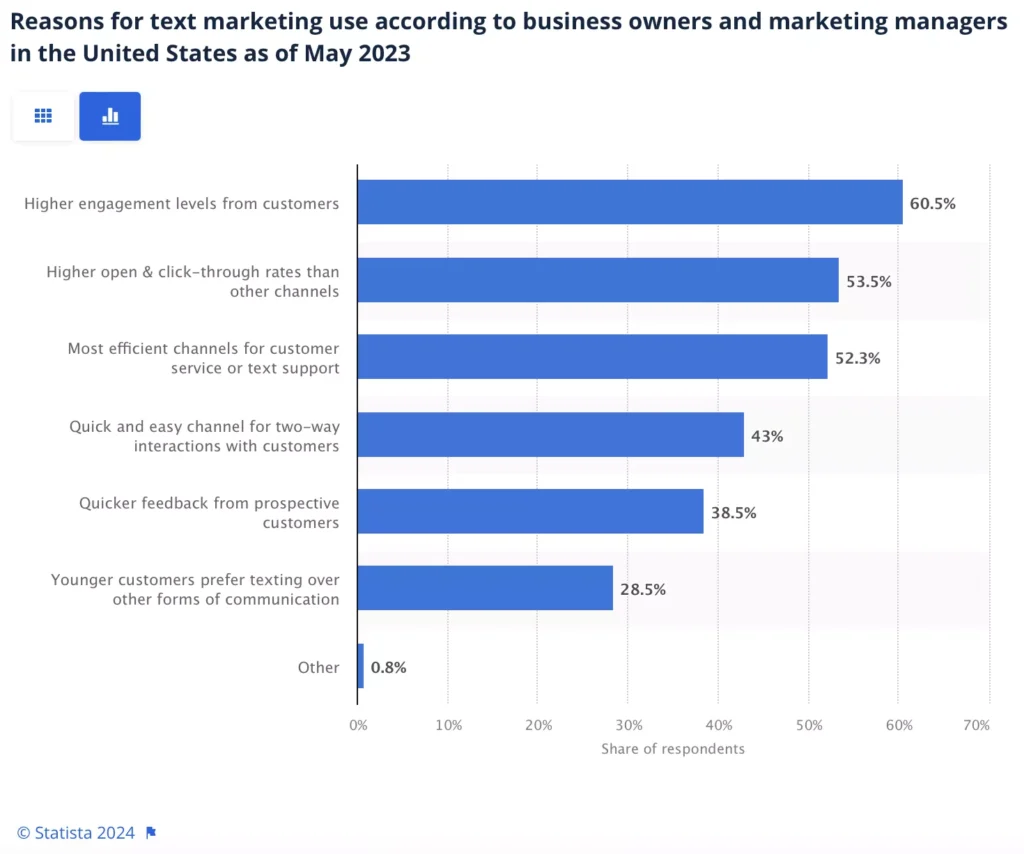
The message is clear – SMS is one of the most effective communication channels available to businesses.
More importantly, there is a multitude of ways in which businesses can use text messages to accomplish specific and important goals. In this blog post, we’re going to dive into each of these methods so you can start planning and executing your SMS campaigns with clarity and confidence.
The three types of SMS strategy we’ll cover are promotional SMS, transactional SMS, and conversational SMS. Each have a specific role to play in an overarching SMS marketing strategy, and each require you to acquire a different type of consent from the customer before you can send them.
As such, it’s crucial to know the differences between the different types of SMS message your business might send so you can first, stay on the right of the law, and second, exploit each type of SMS communication to its full potential.
Let’s dive in.
What Are Promotional SMS Messages?
As the name implies, promotional texts aim to promote a business’s offerings, raise awareness, and increase sales. They are used to advertise a business’s products and services to customers via short texts that are sent directly to people’s phone numbers.
They are sometimes referred to as “marketing messages” or “advertising messages”. There is no difference, however – all these names are synonymous with each other.
Promotional SMS messages are an extremely effective tool for a number of reasons.
First, as we’ve already seen, SMS messages enjoy a 98% open rate. This means that nearly every single promotional text you send to your prospects and customers will at the very least be seen and read. This cannot be said for a channel like email, for example, which struggles with a mere 28% open rate.
Second, due to the fact that nearly all mobile phones have SMS functionality built in as standard, your customers and prospects are not required to download apps or subscribe to your email list to receive your promotional communications.
Third, since SMS messages rely only on standard cellular networks, your recipients don’t even need to have an internet connection in order to receive them.
Examples of Promotional SMS Messages
All SMS messages you send that are intended to promote your business or its products/services are considered promotional.
They include:
- All types of discounts, coupons, and special offers – including free shipping offers
- All types of personalized offers you may send to customers, such as special birthday discounts, etc.
- New product/service announcements
- Online shopping cart abandonment reminders
What Are Transactional SMS Messages?
Transactional SMS messages are strictly non-promotional. Typically, they are set up as automated responses to various events that are triggered by customer actions.
A transactional message will usually contain information that is useful for customers, such as notifications that an item has been shipped or an account has been authenticated. Additionally, transactional SMS messages can be used when a business needs to send PINs or other codes for multi-factor authentication purposes.
Transactional messages are a great way to handle sensitive information exchanges with your customers. Much more convenient than channels like email and far less intrusive and time-consuming than phone calls, transactional SMS messages encourage customer-centric interactions, and improve the customer experience with your brand.
Examples of Transactional SMS Messages
Any information that is unrelated to sales and marketing is considered a transactional SMS text.
They include:
1. In Retail and Ecommerce:
- Welcome messages for new customers
- Order confirmations
- Shipping and delivery updates
2. In Banking and Finance:
- Balance updates
- Payment confirmation
- One-time PINs and passcodes
3. In Healthcare:
- Appointment confirmation
- Prescription pick-up notifications
- Insurance payment confirmations
4. In Travel & Hospitality:
- Booking confirmations
- Transport delays and alterations
- Messages from accommodation owners
What Are Conversational SMS Messages?
Conversational SMS messages are the messages you send to a customer in direct response to a text you have received from them.
In this sense, conversational SMS messages are strictly responsive, and are only ever sent in reply to customer texts.
In other words, unlike both promotional and transactional SMS messages, conversational messages are initiated by the customer, not the business.
As such, conversational SMS messages are used primarily for customer service purposes. A customer has a question, they send your business a text, and you reply via SMS to provide them with an answer.
Examples of Conversational SMS Messages
Customers have all sorts of questions they might ask a business, including the following:
1. Customer service inquiries:
- “Hi [Business name], My order (#12345) seems to be delayed. Can you check on the status?”
- “I have a question about your return policy. Can you explain it to me?”
- “Having trouble logging in to my account. Can you help?”
2. Order tracking and confirmations:
- “Is my order (#12345) ready for pickup?” (For businesses with in-store pickup)
- “Did my order (#12345) ship yet?”
- “Just placed an order! Can you confirm the details?”
3. Appointments and reservations:
- “Can I reschedule my appointment for [date and time]?”
- “How long is the wait for a table at your restaurant?”
- “Confirming my appointment for [service] at [time].”
4. Product questions:
- “Do these shoes come in a wider width?”
- “Is this product available in your [store location]?”
- “I need help finding the right size for [product].”
5. Feedback and reviews:
- “Just wanted to say I loved my recent experience at your store!”
- “Having some issues with your app. Can you look into it?”
- “Not sure if this is the right channel, but wanted to give some feedback on your [product/service].”
Importantly, when your business receives any such texts, you must only reply with relevant information that answers the customer’s question and not include anything that would be considered promotional or transactional.
This is because there are different types of consent you must obtain from the customer depending on whether you want to send promotional, transactional, or conversational messages.
So, let’s now consider the types of consent you’ll need.
Understanding Consent When Sending SMS Texts to Customers
To send any kind of SMS message to a prospect or customer, you need first to obtain their consent.
There are two main reasons for this. First, it’s the law. Many regions around the world have regulations to protect customer privacy, such as the TCPA in the US, or the GDPR in the EU. In essence, these regulations state that a business cannot send people texts (or any other type of message) they didn’t sign up for.
Second, it builds trust. Regardless of laws, people get annoyed by spammy texts. As such, by obtaining consent before you message anyone, you are showing that you respect your customers’ rights to privacy, and will only send SMS messages they actually want to receive. This helps you build a positive relationship with your customers.
Three Types of Consent for Three Types of SMS
Express Written Consent for Promotional Messages
Before sending promotional messages, express written consent must be given by the customer to receive them from your organization.
This type of consent cannot be implied or assumed, and must be documented by the business.
In practice, this means the recipient must either:
- Sign a form
- Check a box
- Or actively confirm they want to receive promotional messages by, for example, texting you a keyword to join your subscriber list
Crucially, just because a customer has given you their mobile phone number does not mean they have agreed to receive promotional SMS messages from you. It is only when you have obtained their express written consent to opt-in to receive promotional messages that you can do so. Otherwise, you risk violation.
Express Consent for Transactional SMS Messages
Express consent must be obtained before sending transactional messages to customers in relation to the product or service they’re purchasing.
For example, a customer who books an appointment via your company’s app or website and provides their phone number is providing you with express consent to send them a booking confirmation, reminders, and any follow-up information about alterations or cancelations related to that appointment.
What this would not give you, however, is consent to send the customer information about any other appointments they make, nor send any other type of promotional messages about other products or services you may want to promote.
Implied Consent for Conversational Messages
Implied consent only occurs in the realms of conversational messages when it is the customer who initiates the conversation.
When a customer texts your business with a question, they are implying that they consent to you responding with an answer.
However, it’s crucial that you only respond with information that is relevant to the customer’s question. With implied consent, you still cannot start to send transactional or promotional SMS messages, and must always get express consent or express written consent as appropriate.
Build a Robust SMS Messaging Strategy Today with IDT Express
As you will appreciate from everything covered in this article, SMS marketing is a powerful way to connect with your audience – but it also requires careful planning, implementation, monitoring and management.
With IDT Express, you can achieve all your SMS marketing goals with our simple platform powered by cutting-edge technology and automation tools.
To find out more about how IDT Express can help you get started with a winning SMS strategy that covers promotional, transactional and conversational texting with your customers, book a demo today.
